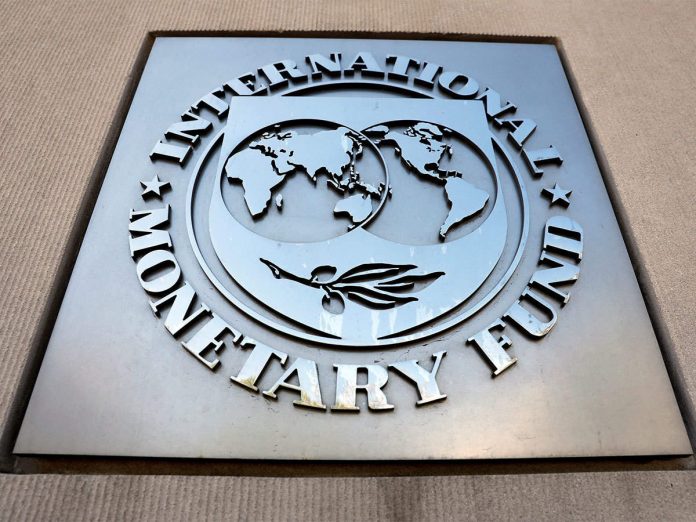On Monday, July 27th; the Executive Board of the International Monetary Fund (IMF) approved emergency aid of 4.3 billion dollars (3.7 billion euros) for South Africa, whose already fragile economy is being tested by the pandemic; the institution announced in a press release.
The IMF has approved this financial assistance under its rapid financing instrument “to support the efforts of the authorities who are facing a difficult health situation and the serious economic consequences of the shock caused by Covid-19,” it said.
The IMF notes that the pandemic coincides with a difficult period for the country. “With serious structural constraints to growth, economic activity has weakened over the past decade despite significant public spending, leading to high unemployment, poverty, and income inequality,” it says.
As in other emerging economies, financial market volatility increased during the pandemic. “But the financial system is showing resilience,” the Fund says.
Helping South Africa, which is expected to see its GDP shrink by 8 percent this year, also means limiting the impact of the crisis at the regional level, says the IMF. The authorities have committed to managing the IMF’s emergency financial assistance “in a transparent manner,” the statement continued.
“Ensuring debt sustainability”.
South Africa has the highest number of cases in sub-Saharan Africa, with more than 445,430 cases and nearly 6,770 deaths, according to the latest count from Johns Hopkins University. “Once the pandemic is over, there will be an urgent need to ensure debt sustainability and implement structural reforms to support recovery and achieve sustainable and inclusive growth,” the Fund said.
At the end of April, South Africa’s Finance Minister Tito Mboweni said the government would seek up to $4.2 billion in financial assistance from the IMF to address the Coronavirus pandemic.
On Monday, the South African finance ministry said in a statement that the priority is to redirect budget spending towards measures to combat the health and economic crisis.
The aid package will thus make it possible to “support health and essential services”, “protect the most vulnerable”, “stabilize job creation”, as well as “unleash economic growth through reforms” and “stabilize the public debt.”
Source: Le Monde































